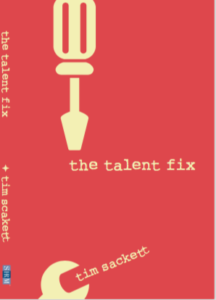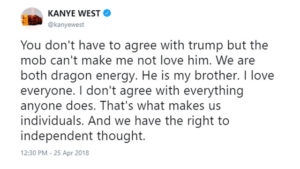Are you a new leader or do you know someone who is about to get into a new leadership position? This post is for them!
Every time a new leader starts in a position they only bring two things with them:
- Your resume.
- A speech.
Your resume is easy. It’s all the crap you did in your career to this point. You’ll be judged on that resume by your new team. It can go a number of ways, but usually, if you got hired, you have the resume to back it up.
There’s nothing you can do about your resume when you start a new position. You are who you are, regardless of how you got to this point in a new leadership role. It’s too easy for people to check up on you, so lying isn’t a real answer, especially when starting a new job.
The speech, on the other hand, is completely up to you!
Every new leader needs to come into the new role with ‘the speech’. Your speech. What does your speech need to have in it? Well, that really depends on what kind of leader you are, but here are some basic components:
1. Why you? Why are you the one to lead us? What is your personal vision in life?
2. What were you hired to do?
3. What about us? How do ‘we’, your team, fit into this?
4. How will we know if we succeed or not?
5. What are some things we should know about your style?
This is your Day 1 speech. I know you want to wait a while. Get to know your new team. Get to know the ‘real’ problems. Get your feet on the ground. But you can’t. You don’t have that time.
You have to come in and be ready to deliver your speech. This one speech will most likely dictate your success as much as your resume. You will either kick off this new leadership position with the right momentum, or you’ll just be another schmuck to take over and do what every other person before you did, fail.
Does it feel like I’m putting too much weight on this one thing?
I’m not. I’m actually trying not to scare you, because most people don’t give great speeches when they’re terrified they’ll fail. But, don’t kid yourself, this Day 1 leadership speech is critical to your success.
You are now the leader. Everyone is looking at you for the answers. You might not have any of them, yet, but you better make it sound like you have them, or you’re about to discover them!
You only bring two things with you into this new position. You only control one of them, at this point. Don’t miss.
The Talent Fix – My new book is now available to purchase! If your organization is having trouble hiring, this is a must buy!
Talent Fix Review: My mom says it’s her favorite book that I’ve written!!! (I’ve only written one book!)



